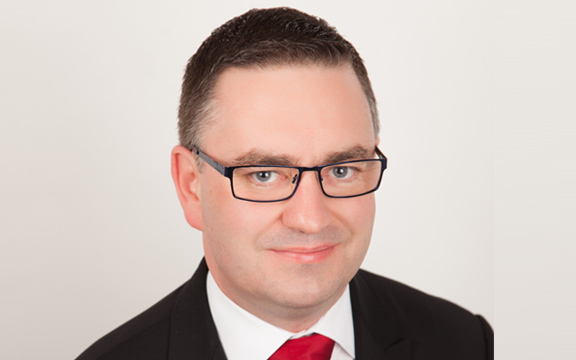All professionals possess some measure of expertise. Not only is expertise useful, it’s usually necessary to do the job and generally viewed as a good thing.
But what if there’s an issue with expertise? Is expertise always a good thing?
During the 46th Annual Conference on Explosives & Blasting Technique keynote presentation, Forensic Structural Engineer Sean Brady, Ph.D., will discuss how expertise has limitations when applied outside normal areas of application, and how these limitations typically won’t be evident to the individual applying the expertise.
He will also talk about how it’s even likely that an individual will continue to apply their expertise in situations where evidence suggests the application of the expertise is inappropriate.
To explore these issues, Brady will examine the behavior of a group of U.S. firefighters fighting a 1949 wildfire in Mann Gulch. He will look at psychological studies that examine the concept of Priming and will discuss how baseball can help unravel why expertise sometimes lets us down.
Brady will speak at 8 a.m. Jan. 27, 2020, at the 46th Annual Conference on Explosives & Blasting Technique in Denver, Colo.
About Sean Brady
Sean Brady, Ph.D., is a forensic structural engineer who specializes in identifying the cause of defects and failures in the construction and engineering sectors.
He has acted as an independent expert in numerous proceedings involving a wide range of constructed facilities, including stadia, bridges, wharves, tall buildings, large basements, petroleum storage vessels and mining structures. He is a director of the Society of Construction Law Australia, and a member of the Singapore International Mediation Centre’s Panel of Experts.
Brady also has an interest in the causes of failure in general, particularly the role played by human factors, and he has recently completed a review into the causes of fatalities in the Queensland mining industry over the past 20 years.
Brady contributes to the specialty of forensics through journal papers and articles, as well as delivering conference keynote presentations. He is also a visiting lecturer at a number of universities.
